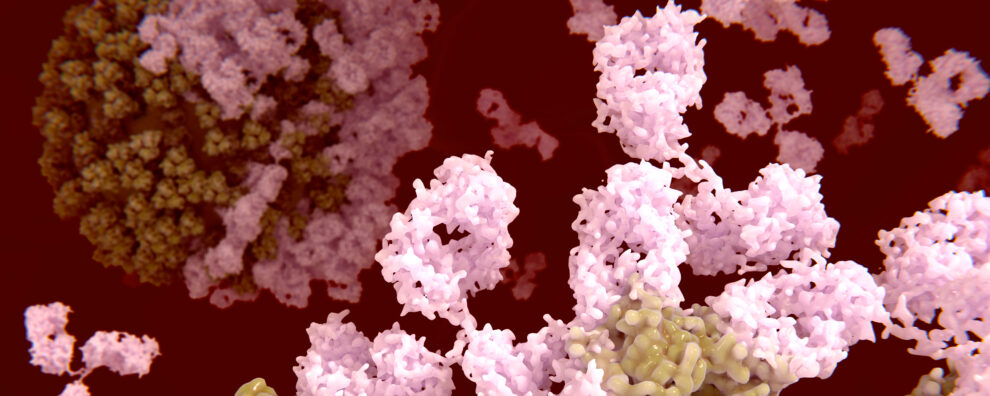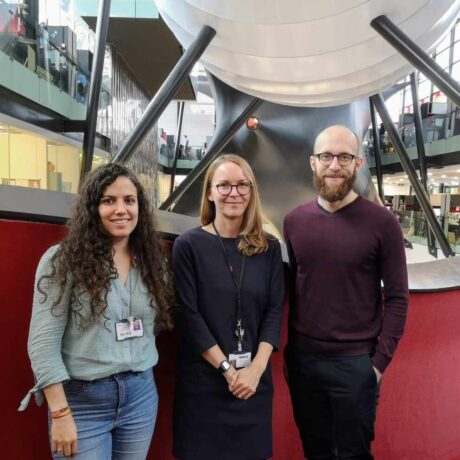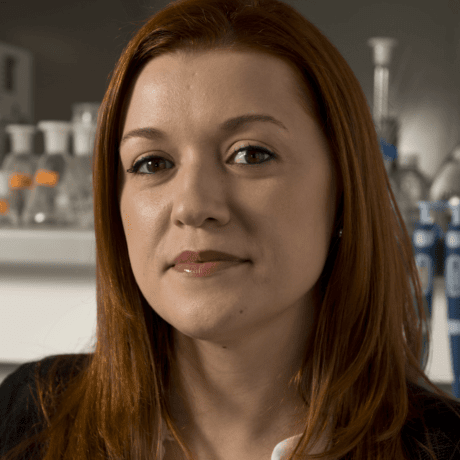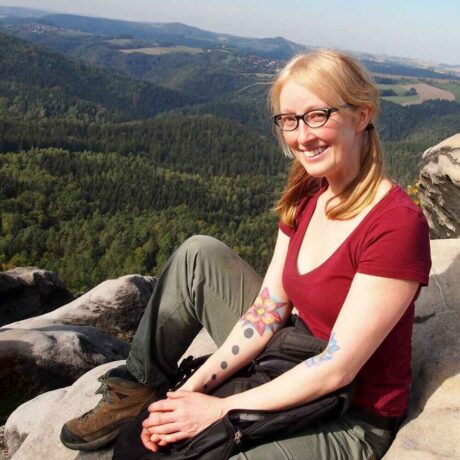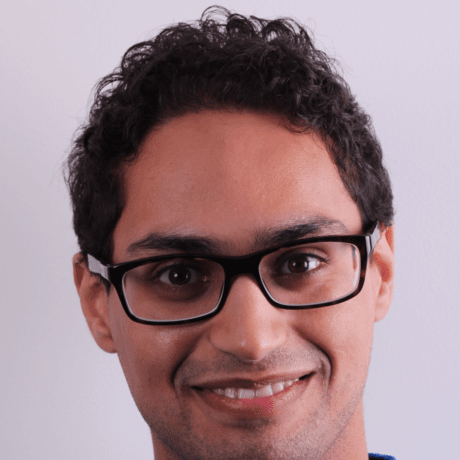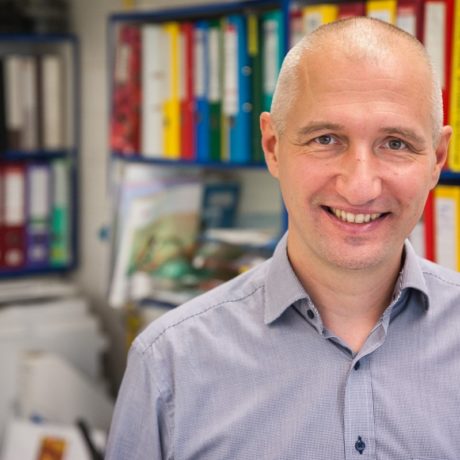-
Antibody production
The Secret to Generating High-Affinity Antibodies: What You Need to Know!
In the rapidly evolving field of biomedicine, high-affinity antibodies have become indispensable tools for therapeutic, diagnostic, and research applications. These powerful molecules, known for their strong and specific binding to…
-
Antibody production
How are mouse monoclonal antibodies humanized: current approaches and limitations
Read more -
Antibody production
The Ultimate Guide to Phage Display Technology: Unlocking the Future of Monoclonal Antibody Development
Read more -
Antibody production
The Secret to Generating High-Affinity Antibodies: What You Need to Know!
Read more -
Antibody production
Phage Display vs. Hybridoma: Choosing the Right Method for Monoclonal Antibody Production
Read more -
Custom Antibody
Monoclonal vs. Polyclonal Antibodies: What’s the Difference?
Read more
-
Antibody production
The Secret to Generating High-Affinity Antibodies: What You Need to Know!
Read more -
Antibody production
From Lab Bench to Bioreactor: Overcoming Scale-Up Challenges in Antibody Production
Read more -
Antibody production
What Are the Hidden Challenges in Single B Cell Sorting You Need to Know?
Read more -
Antibody production
How To Improve The Yield Of Your Antibody Production?
Read more -
Antibody production
Overcoming the Hurdles of Antibody Production and Scale-Up
Read more
-
Antibody production
“The COVID-19 pandemic is helping us bridge the divide between virologists and immunologists” – Interview with Dr. Louisa James (QMUL)
Read more -
Antibody production
Reinventing IgY biotherapeutics – interview with Dr. Mara Freire (CICECO, University of Aveiro, Portugal)
Read more -
Antibody production
How the environment shapes immune system development during pregnancy – interview with Dr. Melanie Conrad
Read more -
Antibody production
“Cell-based phage display is helping us isolate more biologically relevant antibodies” – Interview with Dr. Mohamed Alfaleh (King Abdulaziz University)
Read more -
Antibody production
“Researchers are not leveraging the speed and resolution of flow cytometry for clinical evaluation” – Interview with Prof. Tomáš Kalina (Charles University in Prague)
Read more
